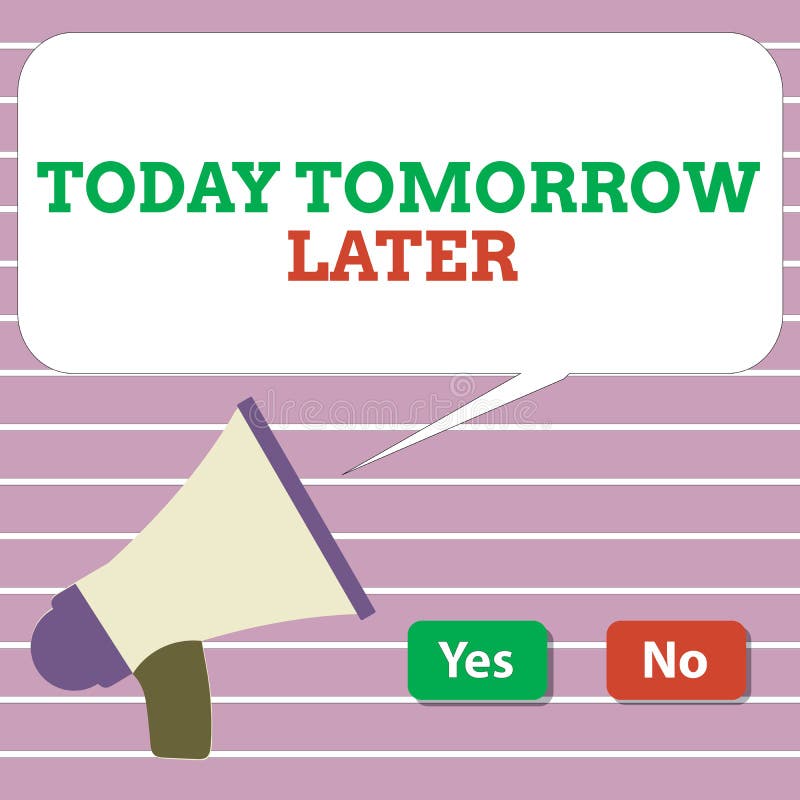



Later definition manual#
A car manual stating "Change the engine oil every 10000 km or 12 months, whichever occurs earlier" isn't suggesting that you actively choose which condition to apply, but that you do the oil-change as soon as one of the alternative conditions occurs.īut I agree completely that in wanabee's sentence t he 'or' clashes with 'whichever happens later', which implies (as you say, boozer) that eventually both things will happen - and indeed the intention is that both must happen for the ticket to be given. I dislike sentence 2 for reasons similar to boozer's, though I wouldn't say that "or" gives you (the potential recipient of the ticket) a choice it's just expressing alternative conditions. That says that the ticket will be given at some point after the two conditions have been met, which I assume is what you want to say, wanabee.
Later definition free#
I would say " I'll give you a free ticket to Hawaii when you have passed exam A and he has passed exam B". Using the present tense ("pass/passes"), followed by "when", suggests to me that giving the ticket occurs at the same time as passing the exam(s) so the sentence would be valid only if exams A and B are passed at the same time. With open('DICT_ITEMS.I have a problem with the logic of sentence 1. Notice near the bottom I've removed your read() of the file object.
Later definition code#
works just fine for me (copy/paste and run the code below and see if it works). It's not meant for eyes! It's meant for load(). You don't read it in like you would a text file to pull out strings. You need to remove the dict_items_read = dict_items_open.read() from your context-manager at the end. that was stupid of me! The short answer is that load()/dump() does it to a file-like object, wheres loads()/dumps() will perform similar behavior but to a string-like object (read more about it in the API, here).Īgain, I haven't used shelve, but if it works for you (or others) - then yay! RESPONSE TO YOUR EDIT Warning Warning I don't want to write this post any longer than it is, but I seem to have this painful memory of not making a distinction between load() and loads(), and dump() and dumps(). They have the same load() and dump() method. but I argue that this is a bad recommendation and I fully expect to get scolded for even recommending that! (you should really look at your old implementation that used the original pickle and see if you need to change anything to follow cPickle patterns if you have legacy code or production code you are working with, this saves you time refactoring (finding/replacing all instances of pickle with cPickle).Īnd everywhere you see a reference to the pickle library, just replace accordingly. Which is great if you have something already built that uses pickle. So you can be lazy and do: import cPickle as pickle You won't see many people use pickle these days - I can't think off the top of my head why you would want to use the first implementation of pickle, especially when there is cPickle which does the same thing (more or less) but a lot faster! # dictionary is dynamic and user based - so persistance beyond this run has # Because I want to store this outside of this single run, it could be that this # I am making up a dictionary here to show you how this works. Meaning, First In, First Out behavior (FIFO). Pickle not only gives you the options to store objects outside your python process, but also does so in a serialized fashion. Put tersely Pickle is a way to store objects outside of your process. There are many reasons why you would use Pickle (or its noticable faster variant, cPickle).
Later definition how to#
I have used pickle/cPickle and I'll offer the following approach: How to use Pickle/cPickle (the abridged version). With open('DICT_ITEMS.txt', 'rb') as dict_items_open:Įrror: Traceback (most recent call last):Ī few people have recommended shelve - I haven't used it, and I'm not knocking it. With open('DICT_ITEMS.txt', 'wb') as dict_items_save: The contents of the file don't have to be "human readable" it can be as messy as it wants. I'm looking for a way to save a dictionary to file and then later be able to load it back into a variable at a later date by reading the file. I've had a search around but can't find anything regarding this.


 0 kommentar(er)
0 kommentar(er)
